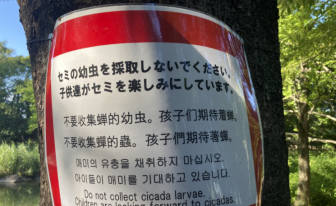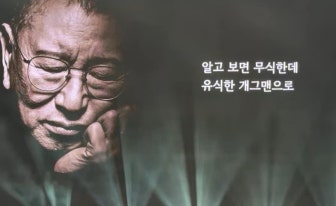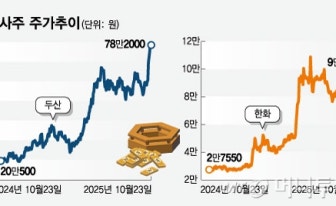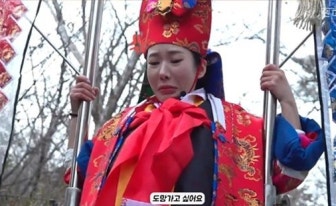Among the roughly 80 Food Masters designated by the Ministry of Agriculture, Food and Rural Affairs, only five hold the title in the kimchi category. Among them, 66-year-old Lee Ha-yeon earned her title in 2014 after reviving seokbakji, a royal seafood kimchi mentioned only in the Joseon-era cookbook “Gyuhapchongseo.” Her kimchi was featured in The New York Times last year, and in 2023, one of her kimchi jars was even presented as a birthday gift to King Charles III of the United Kingdom. The designation of November 22 as “Kimchi Day” in 2020 also owes much to Lee’s efforts as the third and fourth president of the Korea Kimchi Association.
Recently, Lee released a book titled “Byeol-byeol Kimchi,” chronicling her lifelong relationship with the beloved Korean staple. At a publication event held on October 21 at the Museum Kimchikan in Seoul’s Insadong district, she said, “It’s a love story between me and kimchi that began when I first made it by myself in middle school, more than 50 years ago,” adding, “I wanted to create a proper, authentic book about kimchi.” Professor Jeong Hye-gyeong of Hoseo University’s Department of Food and Nutrition, who attended the event, praised the book, saying, “There have been countless books about kimchi, but this one stands out for its extraordinary affection and depth of information.”
Born and raised in Ungpo, North Jeolla Province, Lee’s connection with kimchi began with the culinary traditions passed down from her grandmother and mother. Her fascination with Seokbakji, a type of mixed seafood kimchi, eventually led her to the title of Kimchi Master. The book is packed not only with her life stories but also 78 kimchi recipes and accounts of her nationwide search for premium local ingredients. The recipes cover royal court kimchi, historically inspired varieties, regional specialties from across Korea’s eight provinces, seasonal kimchi, and creative reinterpretations using unconventional ingredients.
A homemaker-turned-restaurateur, Lee opened a Jeolla Province-style Korean restaurant in Seoul’s Gangnam-gu in 1997 at the suggestion of friends. Her handmade kimchi, especially her seafood kimchi, a staple in her own home, soon drew attention for its taste. Her guiding principles were simple: use only high-quality ingredients and no refined sugar, relying instead on the natural sweetness extracted from fruits and other foods. Her growing “kimchi pride” led to calls for her to commercialize her recipes. At the time, the flood of cheap imported kimchi further fueled her determination.
“I knew nothing about manufacturing or distribution,” she recalled, “so I jumped in with nothing but passion, and failed miserably. Because I refused to compromise on ingredients or methods, the more I made, the more I lost. I basically lost all the money I’d earned thanks to the fame my kimchi had brought me.”
Still, she could not give up. Watching Korea’s proud culinary heritage suffer under market pressures was unbearable. She founded the Kimchi Cultural Center in Namyangju, Gyeonggi Province, where she continued to make and study kimchi on a small scale. Her dedication earned her awards in numerous kimchi contests and, in 2010, a commendation from the Minister of Agriculture and Fisheries. Pursuing the Food Master title, she said, came from a single thought: “If I’m going to do kimchi, I’ll see it through to the end.”
“When I think of kimchi, my heart both races and aches,” she said. “There are so many kimchi dishes in restaurants where you don’t even know what went into them. And many people take kimchi for granted, which keeps the vicious cycle going. No matter what anyone says, Korea is the birthplace of kimchi. My only wish is for kimchi to become a greater source of prosperity for our country.”




























































